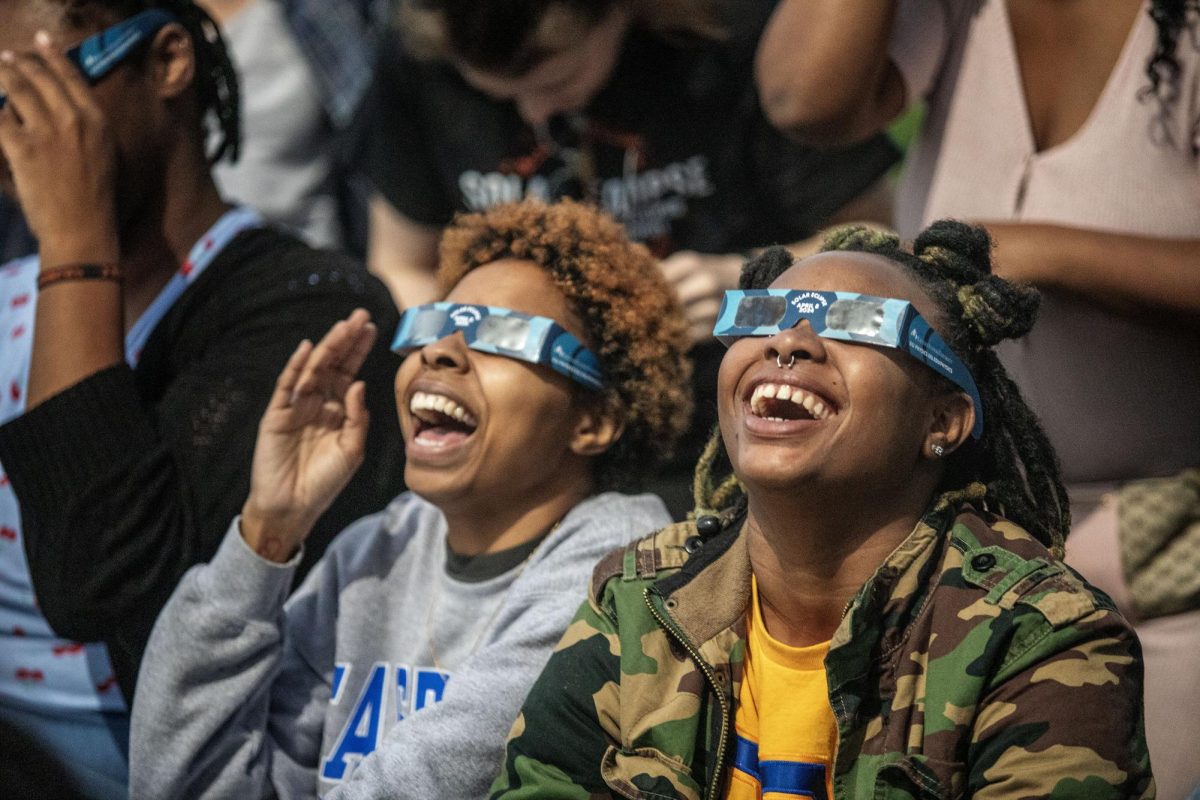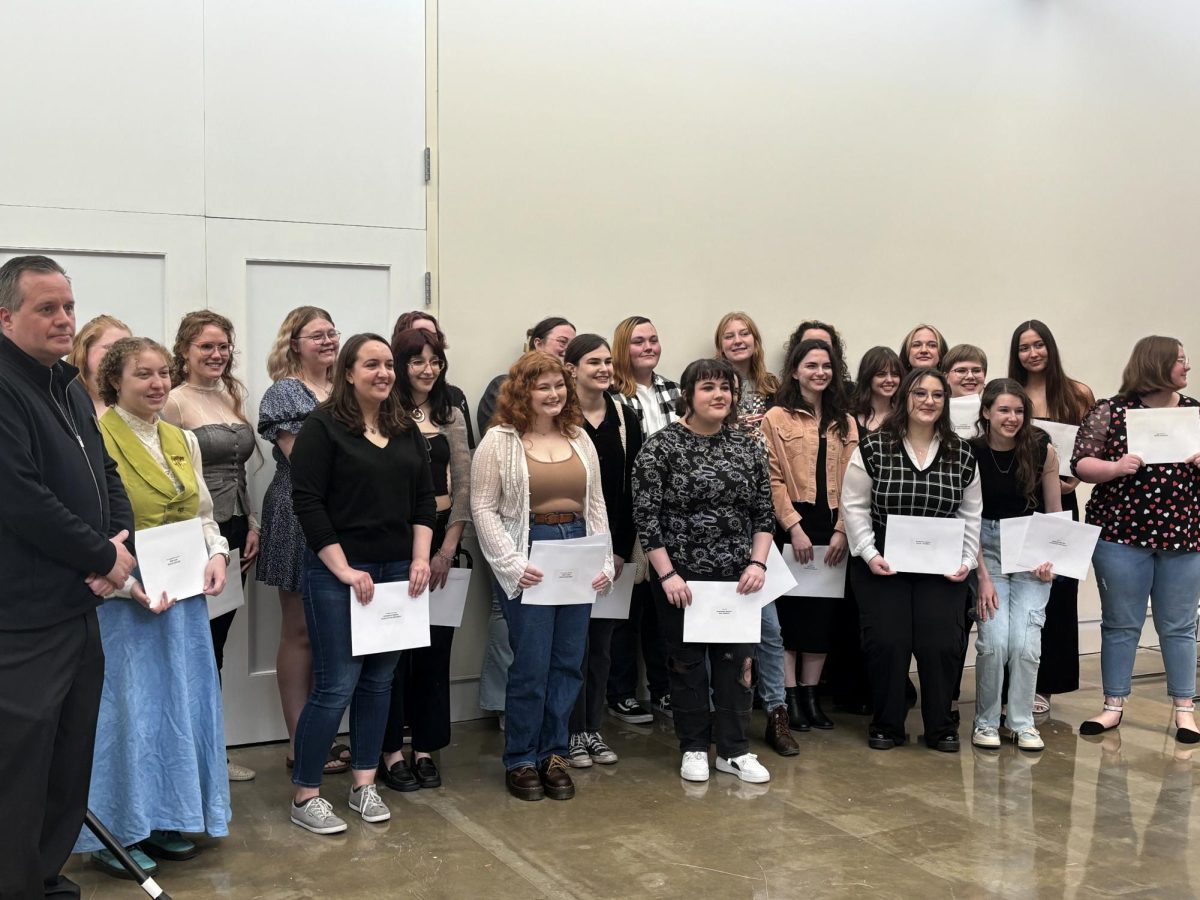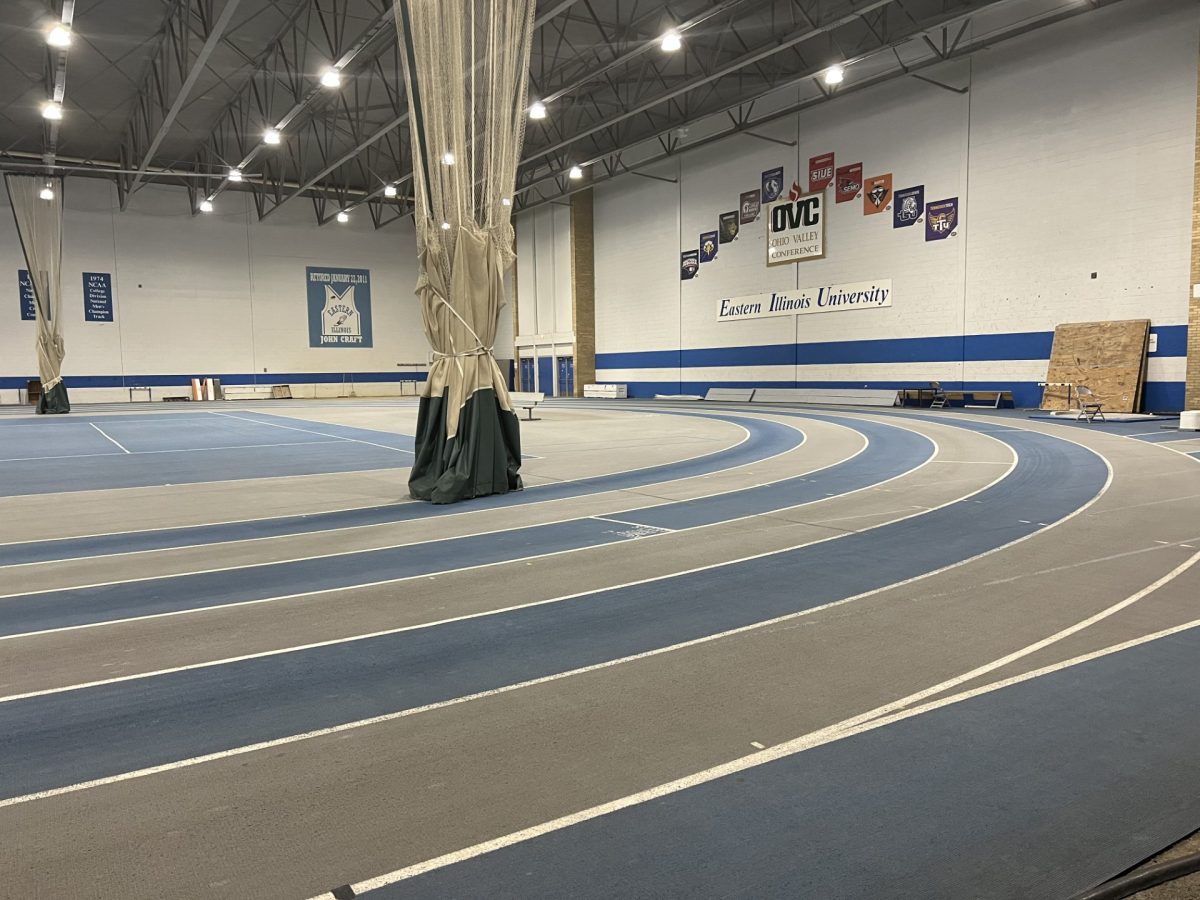Letter: Reach out to your state legislators
April 5, 2016
I was one of the contingent of EIU folks who traveled to Chicago on Friday for the Day of Action. As someone who prepares preservice secondary social studies teachers, I found the day to be a real-life lesson in civic engagement.
One Twitter account used the phrase, “This is what democracy looks like.” I was moved to see so many joining forces – fast food workers engaged the FightFor15; Chicago teachers fighting on behalf of their students, especially students of color; Chicago State students, staff, and faculty advocating to save their imperiled institution; and college faculty standing on behalf of higher education.
Educational scholar Diane Ravitch recently wrote: “The crisis in education today is an existential threat to the survival of public education. The threat comes from those who unfairly blame the school for social conditions, and then create a false narrative of failure. The real threat is privatization and the loss of a fundamental democratic institution.”
Research shows that access to education and books is one of the largest determinants of future socioeconomic status, prosperity, and access to all that is part of the American Dream. We cannot stand idly by while all facets of public education in this country enter what U of I professor Christopher Higgins recently termed a “death spiral.”
So, what can we do? We can speak out on behalf of K-12 education, about the value of our schools, and about what it is that teachers actually do. Many EIU students are preservice teachers; with your experiences, you can witness to the hard work of teaching and the need for reduced class sizes and better funding. Additionally, of course, we can fight for higher education.
This week, the state House and Senate reconvene. Each have passed funding bills for higher education. Now is the time for action. Urge representatives to reconcile the bills. Contact the governor and urge him to sign what emerges. If he vetoes it, urge legislators to override it. Reach out to local representatives but to others as well – those on important committees and, for students, those representing your home district. To find representatives and committee memberships, go to http://www.ilga.gov/house/ and http://www.ilga.gov/senate/.
Bonnie Laughlin-Schultz, assistant professor of history













































